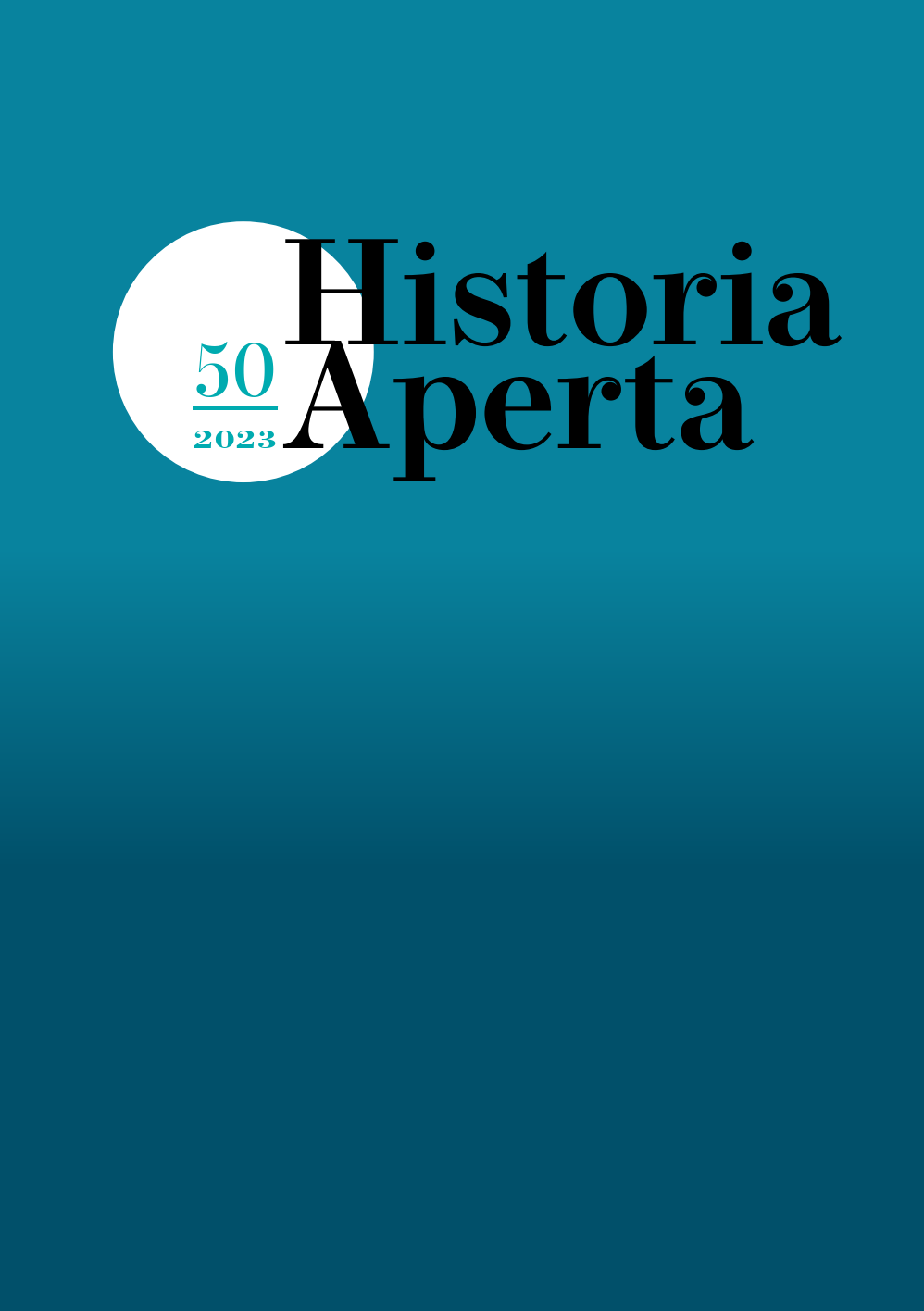Lithuanians, Estonians, and Latvians: Setting the Pace for Glasnost and Perestroika in Soviet Historiography
DOI:
https://doi.org/10.26806/hisape.n50.4Keywords:
Molotov-Ribbentrop Pact, Estonia, Lithuania, Latvia, Soviet Union, historiography, Mikhail GorbachevAbstract
Estonia, Latvia, and Lithuania were incorporated into the Soviet Union as a result of the Molotov-Ribbentrop Pact; thus, the Baltic inhabitants became national minorities within the Soviet state. Since World War II, the Baltic peoples have been struggling against Soviet hegemony to preserve their national identity and to regain sovereignty. The remembrance of history, especially concerning 1939 and 1940, played an increasing role in this struggle. Since the 1980s, the Baltic efforts have enabled an increasingly free historiographical and political discussion. These debates, demonstrations, and publications showed how bottom-up processes could set trends, influence political agendas and lay the foundations for the liberation of both their Baltic homelands from Soviet hegemony and Soviet-Russian historiography from totalitarian directives. Lithuanians, Estonians, and Latvians set the pace for Soviet historiography in the Gorbachev era. They found their political voice and paved the way for a free Baltic future.
Downloads
Published
Issue
Section
License
Copyright (c) 2023 Jan Lipinsky

This work is licensed under a Creative Commons Attribution 4.0 International License.








